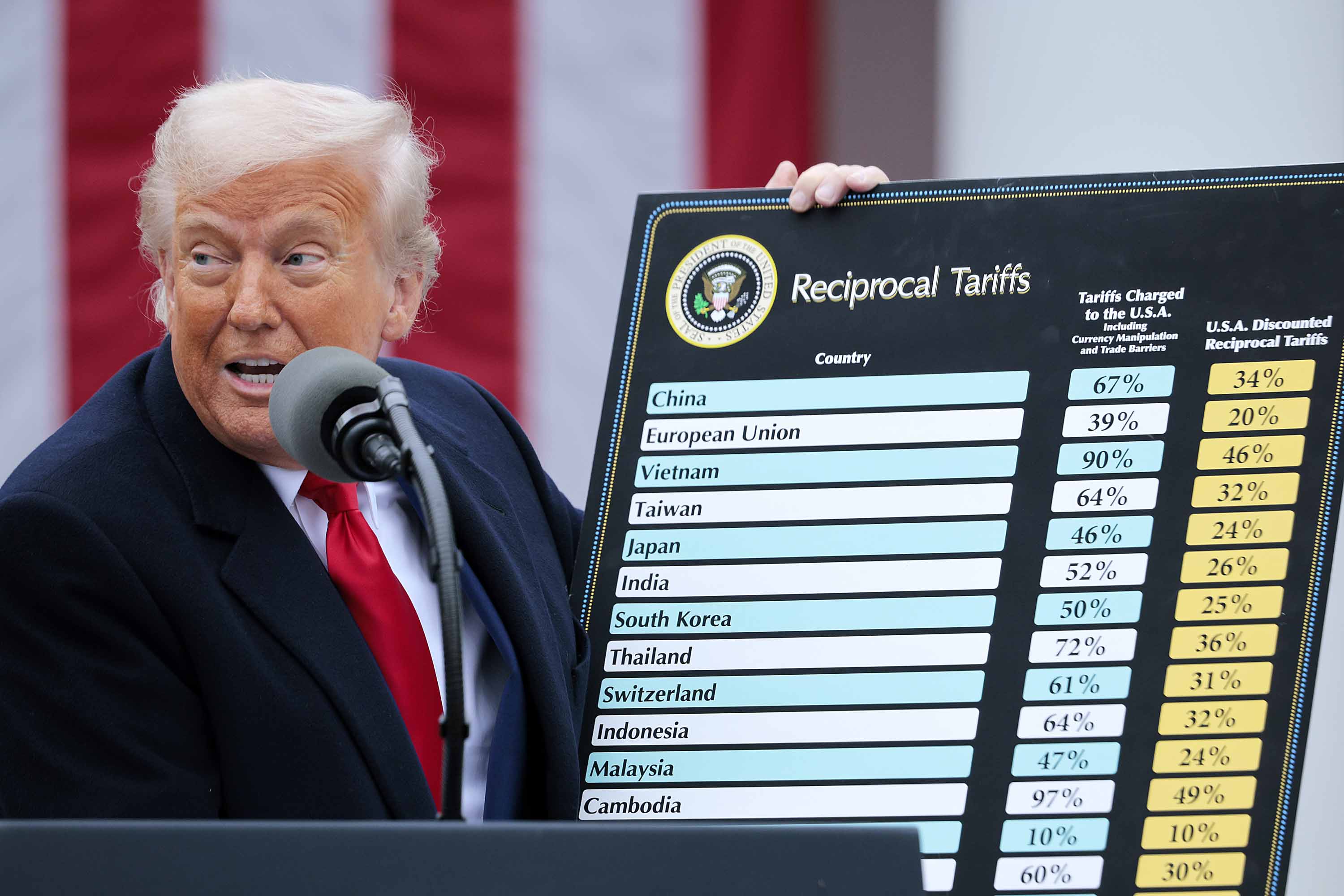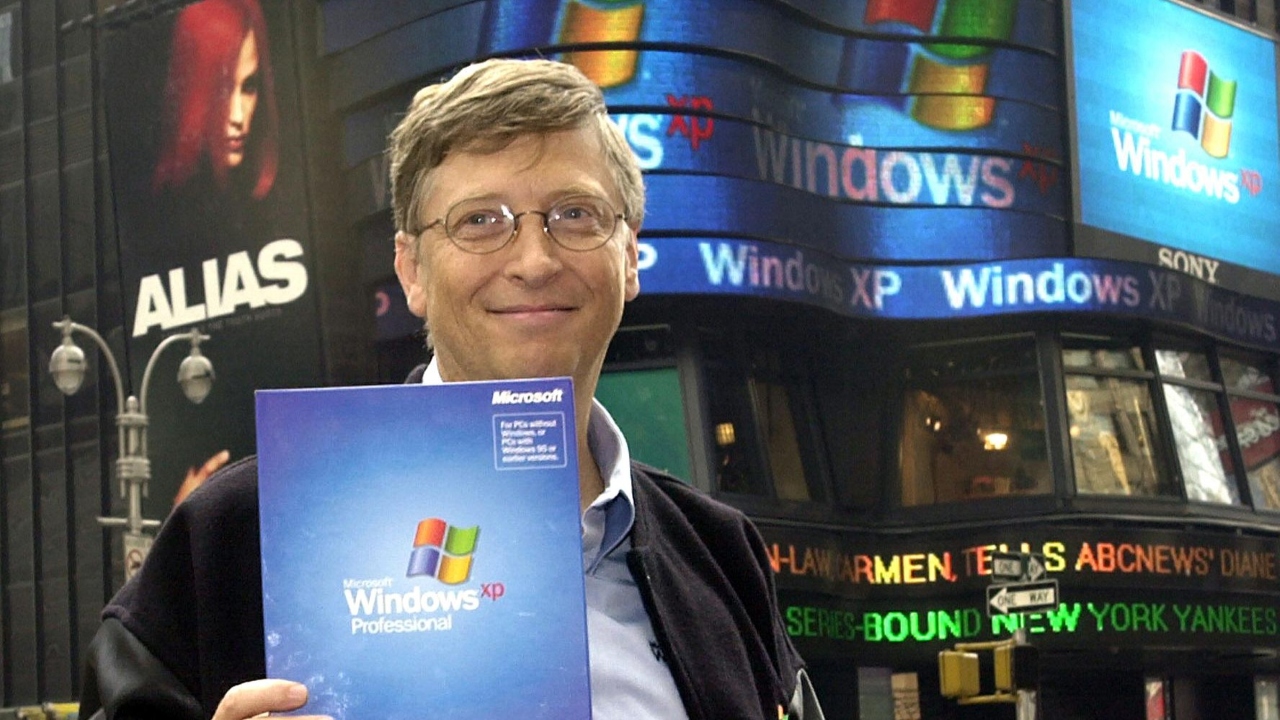When you purchase through links on our site, we may earn an affiliate commission.Heres how it works.
Oh, Microsoft, ye' of little faith.
But hey, hear me out we might actually have a compelling case here.
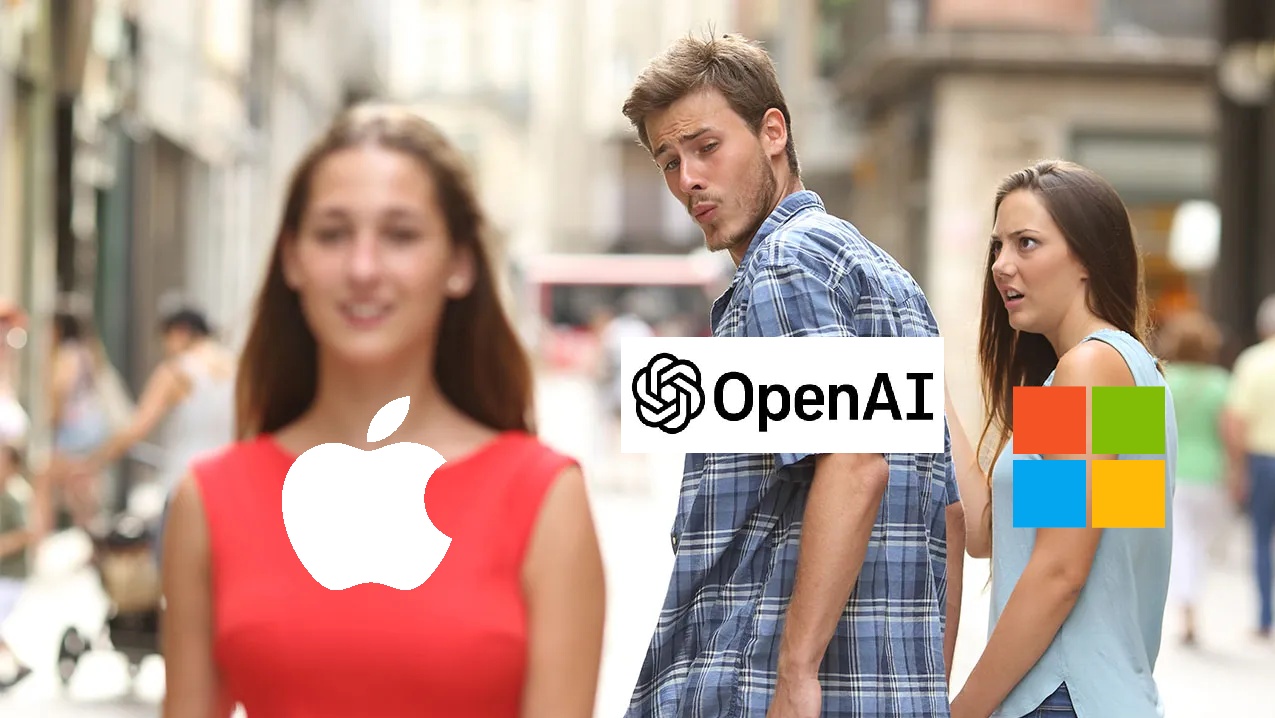
Microsoft has a broad partnership with OpenAI, but OpenAI is now looking elsewhere for growth.
I wrote recently about howMicrosoft all too often seems to follow patterns of short-term thinking.
And indeed, therein lies the problem.
However, increasingly, even that is looking unlikely.
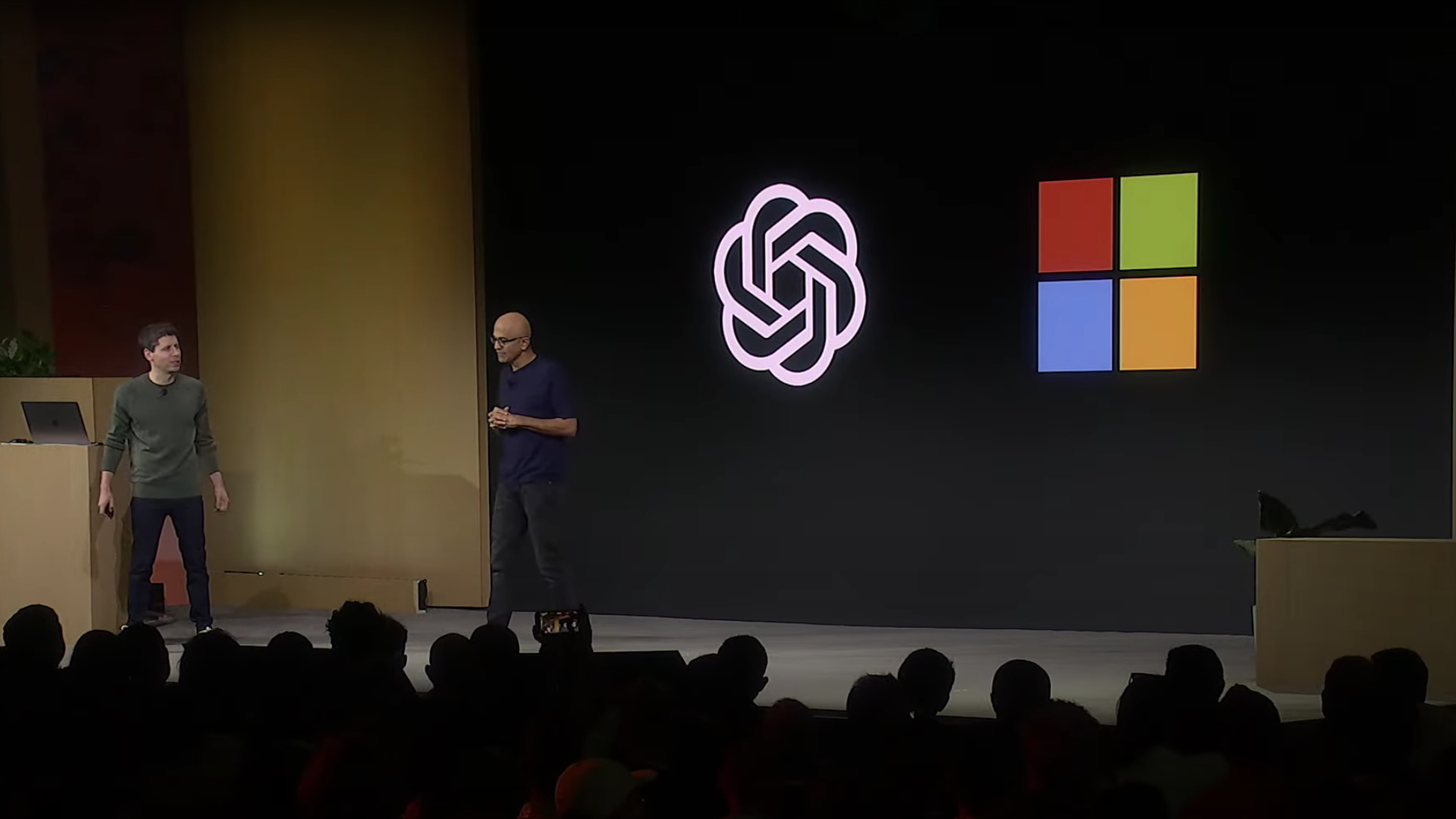
Microsoft has a broad partnership with OpenAI, but OpenAI is now looking elsewhere for growth.
And increasingly,OpenAI is flirting with Microsoft’s biggest rival to the reported alarm of CEO Satya Nadella.
So, what does all of this have to do with Windows Phone?
Well, dear reader, let’s talk about it.
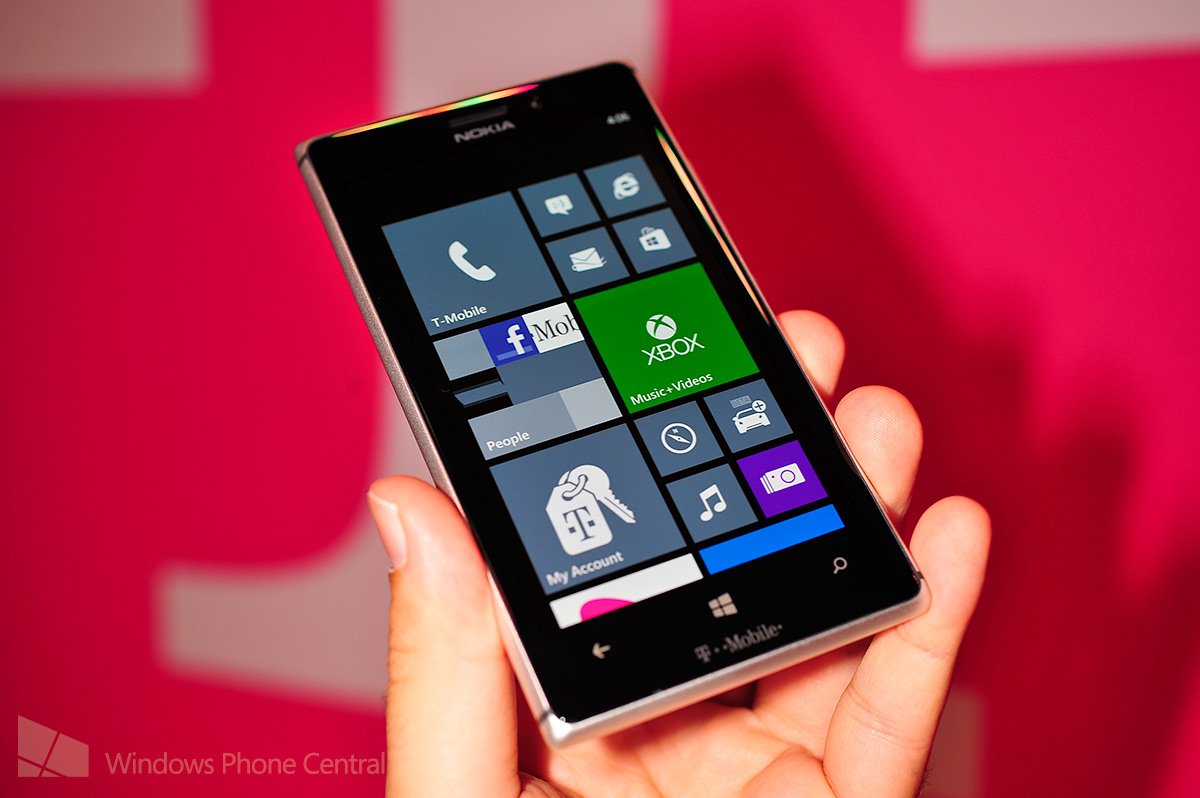
The only way Microsoft can have a stake in mobile computing paradigms is to actually offer a mobile computing paradigm.
There has been some odd reports about OpenAI and Microsoft’s relationship.
Meanwhile, OpenAI has demonstrated massive advancements in generative video technology, real-time conversational AI, among other things.
This is only the tip of the iceberg when it comes to Microsoft’s OpenAI woes, though.
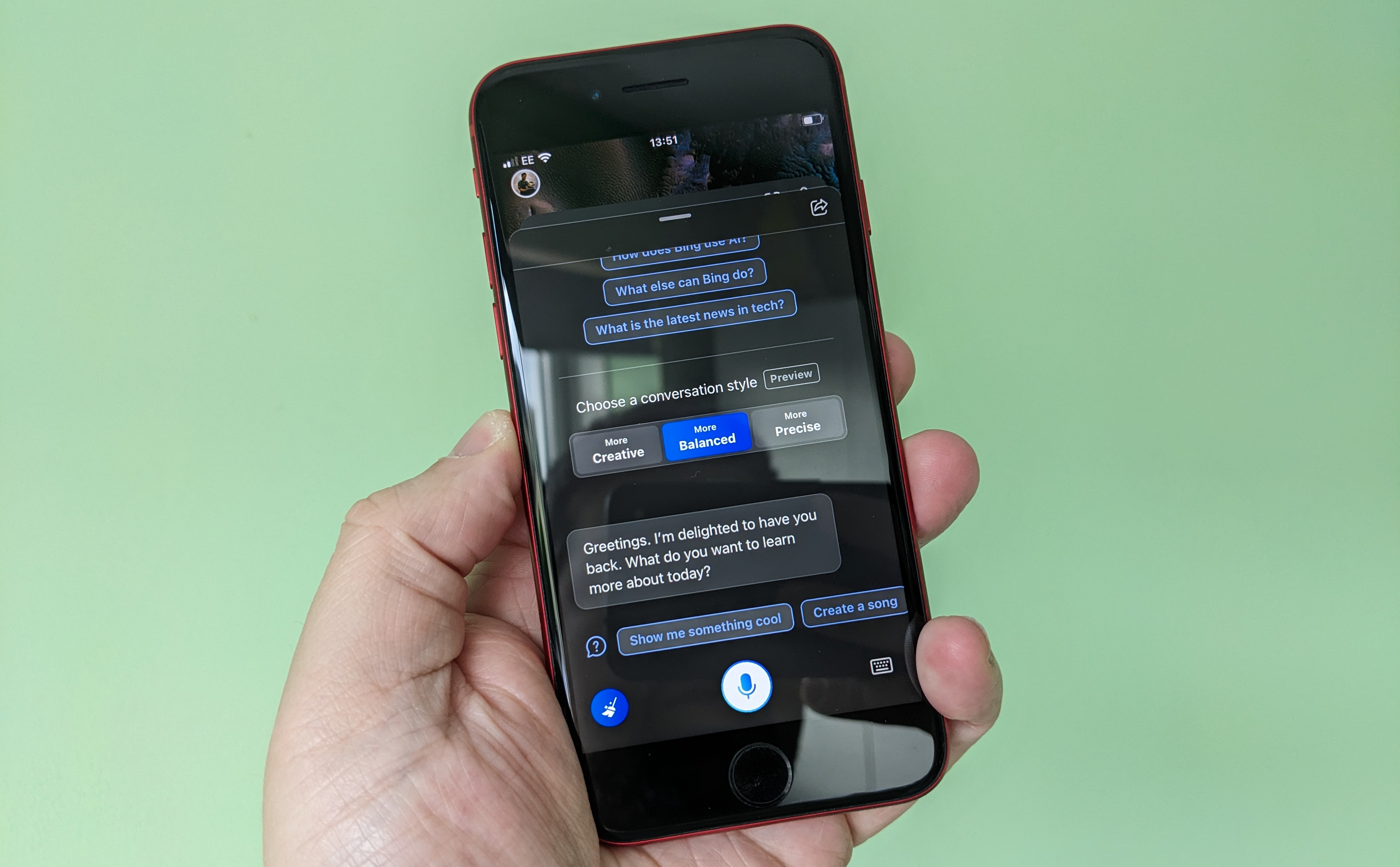
You can get Microsoft Copilot on iPhone, and I’m sure it has dozens upon dozens of users …
I bet he regrets it now more than ever.
Edge and Bing both languish with single-digit market share in their respective areas.
Google will naturally push its own Google Gemini option.

Gemini is also being leveraged on the back end by Samsung, the world’s largest smartphone manufacturer.
So, where does that leave Microsoft?
Microsoft’s only endpoints for its own services are Windows, and potentially Xbox.
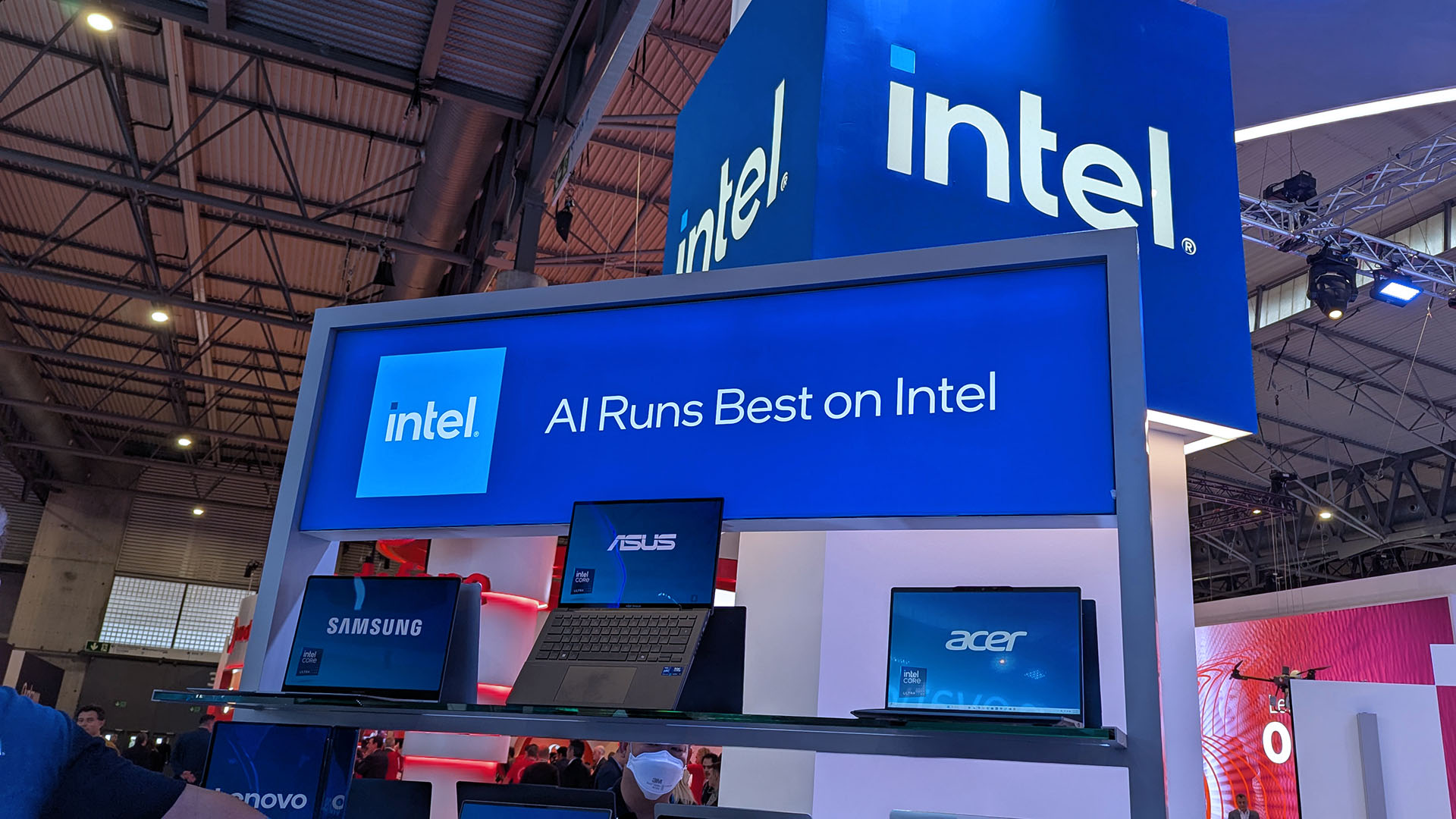
Currently, the manufacturer is unknown at my end, but it’s most likely AMD.
I regret the misunderstanding here, apologies.
At its height, Windows Phone had roughly 30-50 million users based on some estimates.
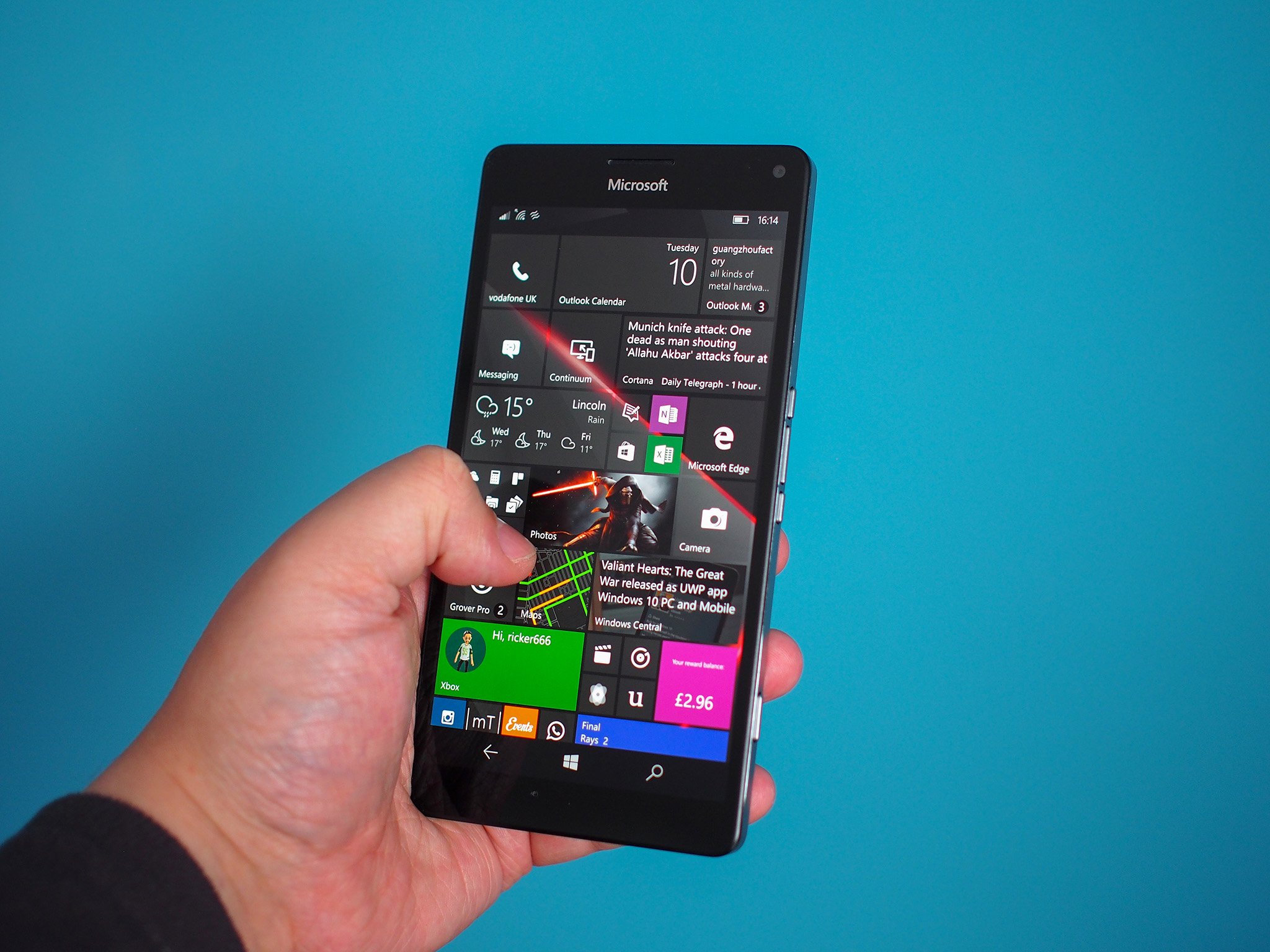
People use their phones for basically everything.
But we all know that’s simply not how people work at scale.
Maybe Microsoft is cool just being the backend for the future of computing paradigms.
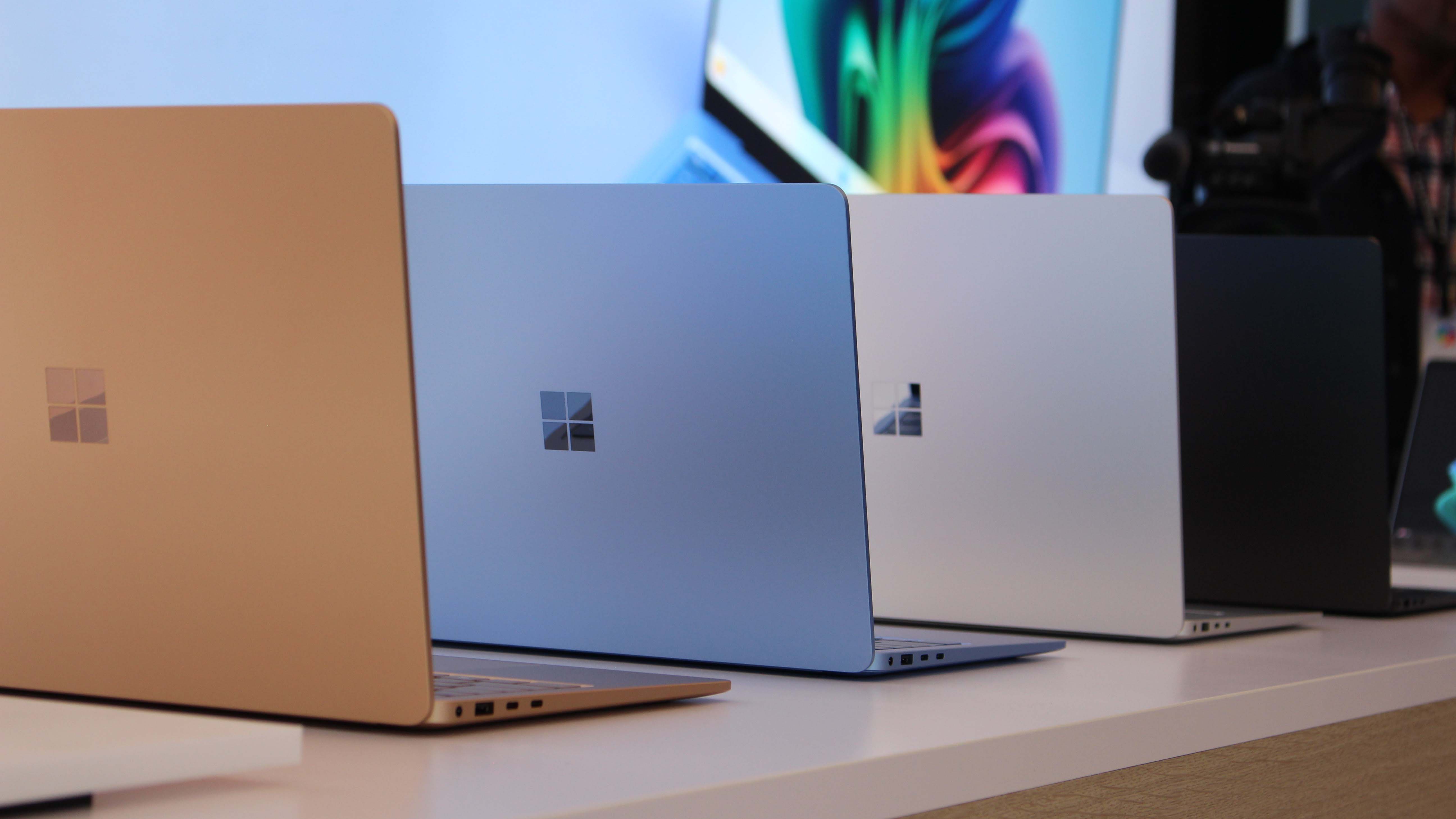
They do get a huge chunk of OpenAI’s profit arm after all.
Microsoft needs OpenAI more than the other way around, in my view.
Innovation would do more to insulate Microsoft against expiring contracts and shaky partnerships.
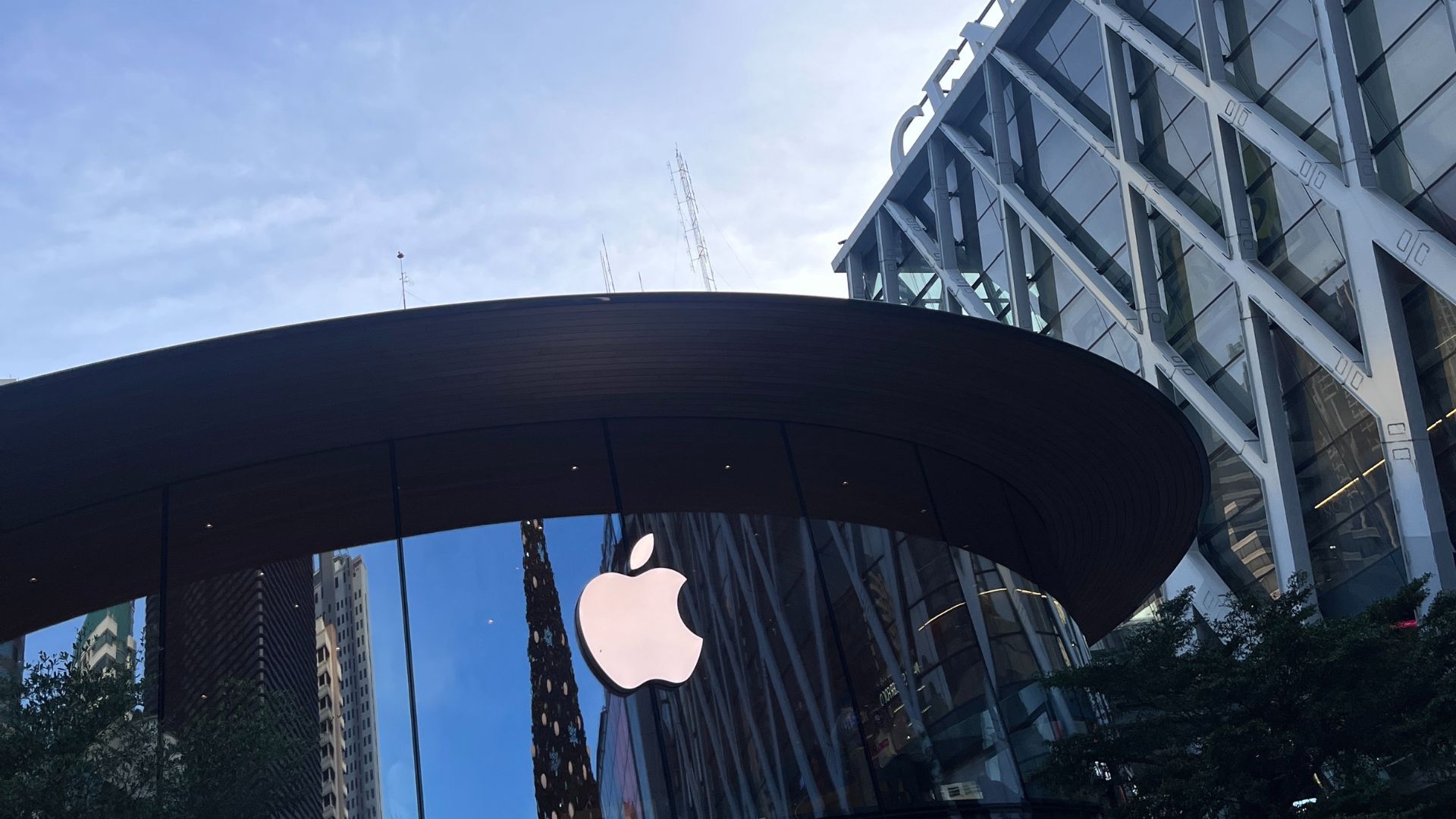
Microsoft could partner up withXREAL, an actually good wearable tech company, to explore onboard AI there.
Microsoft could be bold and innovative, and give mobility another go.
And Microsoft is one of the few companies with the resources to give it a real try.
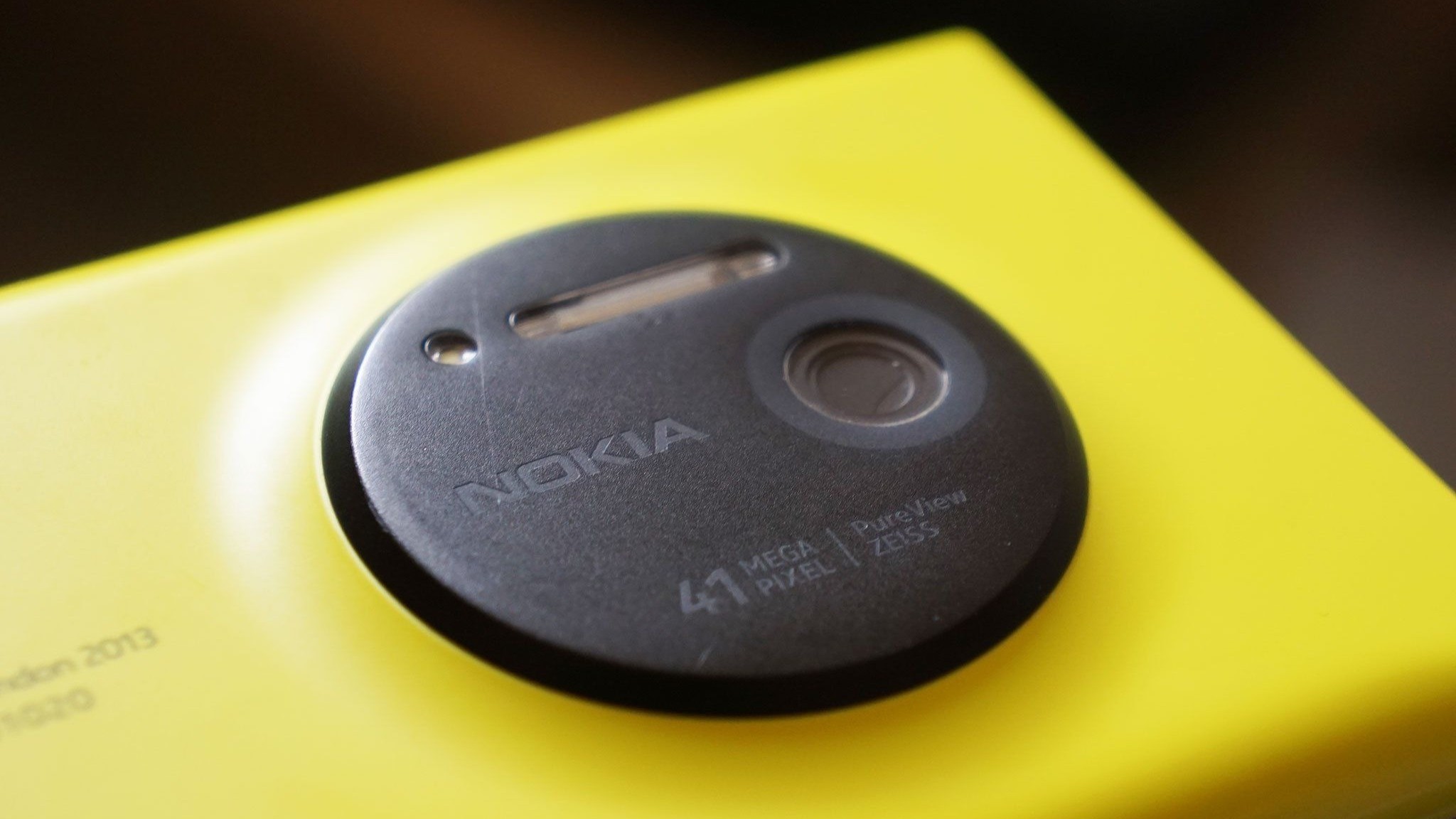
If it wants its AI efforts to not get fully overshadowed by competitors, it may have no choice.
